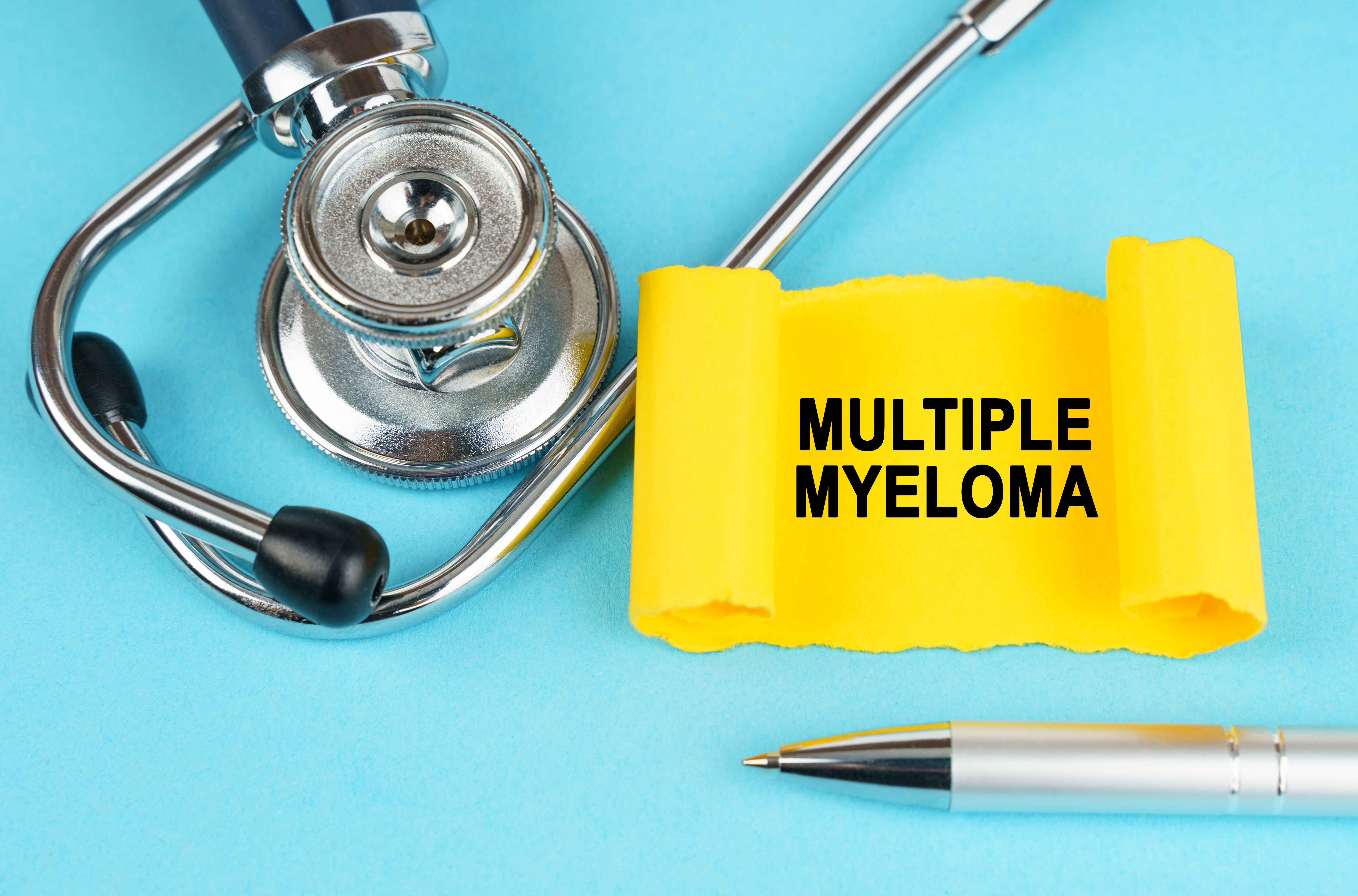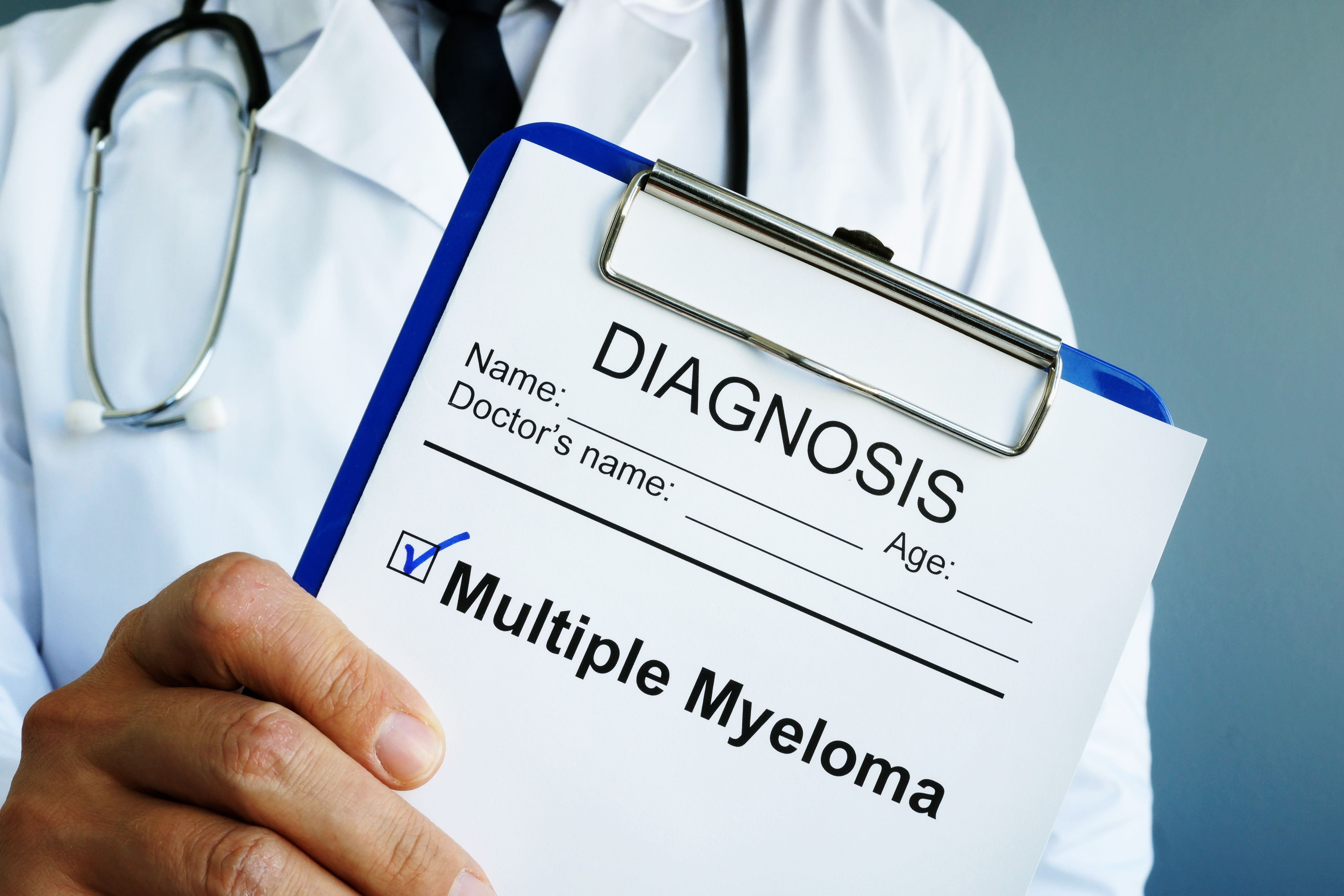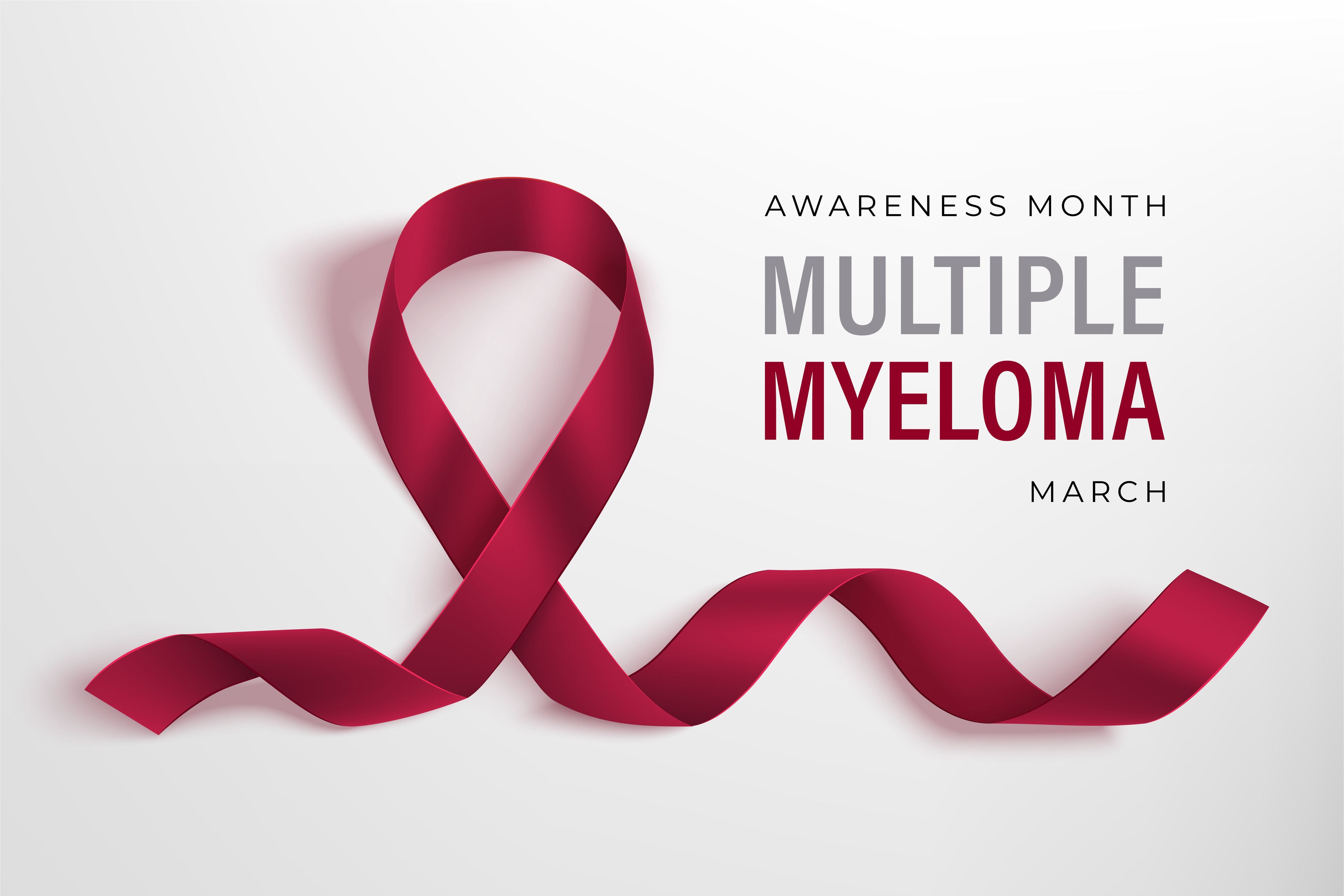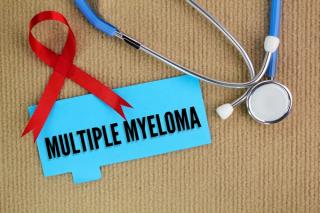
Multiple Myeloma
Latest News
Latest Videos

CME Content
More News
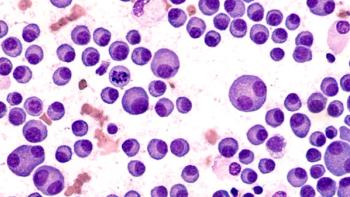
Belantamab Mafodotin Regimen Indicates Safety, Improved OS in Patients Treated With Multiple Myeloma
Despite the belantamab mafodotin regimen improving overall survival in patients with relapsed or refractory multiple myeloma, the trial is ongoing to confirm the presented results.

The authors found that overall survival in patients with newly diagnosed multiple myeloma was longest for those receiving first-line autologous stem cell transplantation.
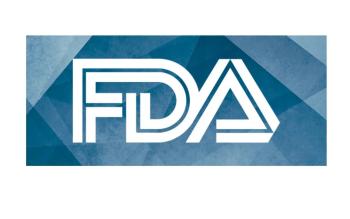
The withdrawal comes after clinical trial results failed to demonstrate the safety and efficacy of melphalan flufenamide when combined with dexamethasone.
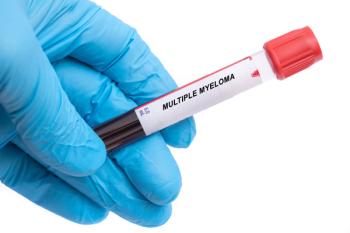
The recommendation comes after positive phase 3 trial results in adult patients with relapsed and refractory multiple myeloma.

Currently, the safety and efficacy of linvoseltamab in adult patients with relapsed or refractory multiple myeloma is being compared to elotuzumab, pomalidomide, and dexamethasone in a phase 3 clinical trial.

Teclistamab was previously approved in October 2022 for the treatment of adult patients with relapsed or refractory multiple myeloma who received at least 4 prior therapies.
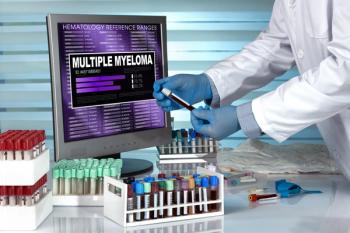
The investigators note that patients with newly diagnosed multiple melanoma who receive quadruplet treatment have unmet needs that must be further examined in future research.

Progression-free survival in the ixazomib/pegylated liposomal doxorubicin/dexamethasone group was shorter than in the ixazomib/lenalidomide/dexamethasone group.
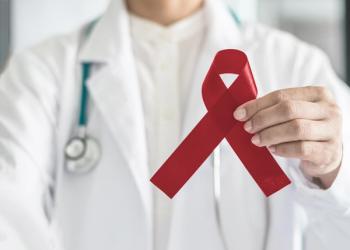
In addition to improved progression-free survival, patients treated with this regimen also showed improved complete response or stronger and were minimal residual disease-negative.

Anthony Perissinotti, PharmD, BCOP, provides an overview of the REMS program requirements for bispecific antibodies and describes the processes, procedures, and training programs implemented at his institution.

Patients readily accepted physical interventions and referrals to oncology clinical pharmacy practitioners.

Treatment decisions should depend on the patient, their disease, and their disease progression.
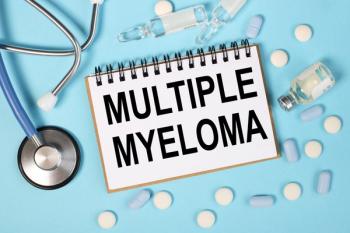
Survival rates were similar between non-Hispanic African American and non-Hispanic White patients who received treatment, indicating a need to address barriers to multiple myeloma treatment and racial disparities.
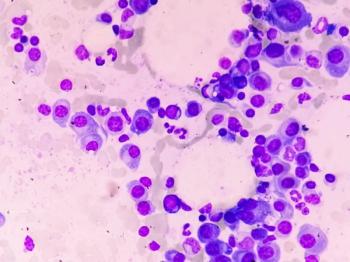
Daratumumab and hyaluronidase-fihj in combination with other therapies was previously approved by the FDA in May 2020 for 8 indications in multiple myeloma.

Data support the quadruplet regimen as a new standard of care for transplant-eligible patients.

Experts discuss the impact of advances in the treatment of multiple myeloma on patient care.
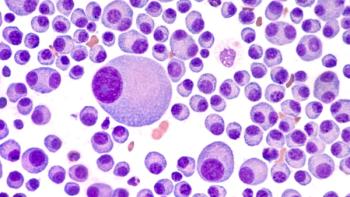
There is a significant efficacy-effectiveness gap in standard-of-care regimens.
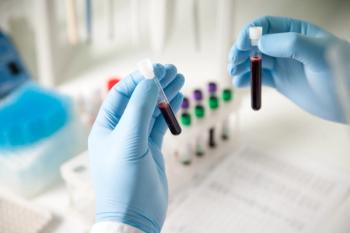
Presentations detail clinical trial results and focus on drugs in the pipeline.

2023 was an impactful year for the field of oncology pharmacy.

Not only were individuals with BMIs of 30 and higher likely to have MGUS, but those who reported heavy smoking and short sleep were also more likely to have detectable levels of MGUS.
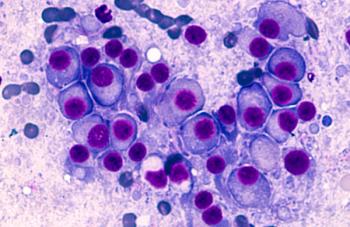
The study results also demonstrated isatuximab had safety and tolerability profiles that were consistent with other clinical trials.
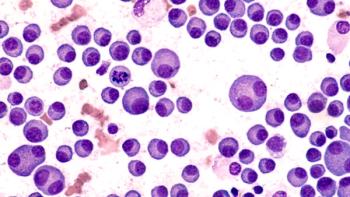
These data support the combination of daratumumab plus VRd followed by daratumumab and lenalidomide maintenance as a new standard of care for transplant-eligible patients.
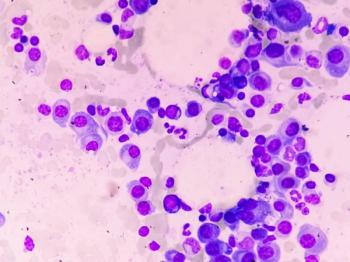
Seven new agents have received FDA approval since October 2022.

The efficacy of treatments, which is the outcomes in the ideal clinical trial setting, are known to often be better than the effectiveness of those treatments, which are the outcomes of patients in the real-world setting.
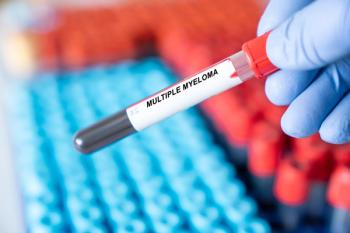
Belantamab mafodotin (Blenrep; GlaxoSmithKline) demonstrated that, when combined with bortezomib and dexamethasone (BorDex), the time to disease progression or death was extended.

